Objection #22
The Qur’an counsels the use of deceit when dealing with non-Muslims.
The various issues raised in critique are discussed below.
Zones of Islam, Peace & War:
The view appears to be taken form ‘radical extremist sources’, which still living in the past use the outdated jargons like ‘Zone (House) of War’ [dar-ul-harab] and permanent state of war between Islam and rest of the world to justify, legitimacy of their equally nefarious activates as of their opponents. The militants shrewdly try to take shelter behind Islam. The traditional scholars considered the world comprising three zones: 1) The House of Islam (Dar-ul-Islam), zone where Muslims are ascendant; 2) The House of Peace (Dar-ul-Aman), those countries (zones, powers) with whom Muslims have peace agreements and treaties, and 3) The House of War (Dar-ul-Harab) the rest of the world which did not allow to convey the message of Islam to their people. In the present world all the nations are members of United Nations Organization and signatory to its charter of peaceful coexistence and basic human rights, whereby every human being is free to adopt and practice any faith. Qur’an very strictly emphasize adherence to treaties:
“yet it is your obligation to help them [Muslims] in the matters of faith if they ask for your help, except against a people with whom you have a treaty”[Qur’an;8:72]
“So fulfill your treaties with them to the end of their term; for Allah loves the righteous.” ”[Qur’an;9:4]
“Those who make treaties with you and time after time violate their treaties, and have no fear of Allah. If you encounter them in combat, make them a fearsome example for others who would follow them so that they all may learn a lesson.”[Qur’an;856-57]
Hence now whole world be termed as ‘The House of Peace’ (Dar-ul-Aman), except the conflict zones, where Muslims are under oppression and subjugation. Muslims are not in permanent state of war with rest of the world, the inferences drawn by some traditional scholars for specific circumstances do not become dogma for ever. There is no Pope and no Papal decree in Islam. Qur’an and Sunnah is available to all, the modern scholars and thinkers have to employ Ijtehad, [independent reasoning] as opposed to Taqlid [blind imitation, of opinions of the past].
[Ijtehad, has already been explained above in comments # 2].
Deceit & Deception in Warfare:
In fact, “War is deceit” is one of the oldest military principles in history. Sun Tzu, a Chinese strategist [600 BC] in his famous book ‘The Art of Wa’r writes: “All warfare is based on deception”. Italian Renaissance thinker Niccolo Machiavelli wrote: “Though fraud in other activities may be detestable, in the management of war it is laudable and glorious, and he who overcomes the enemy by fraud is as much to be praised as he who does by force.” In WW-II, When the Nazis rounded up Jews, many Jews claimed to be Christians in order to save themselves and their children.
Deception and Bible:
God commands to refrain form lying: “Keep far from a false matter; and the innocent and righteous slay you not: for I will not justify the wicked”“(Exodus; 23:7). However deception in war…is legitimate according to Jewish law. Joshua used stratagem in capturing the city of Ai (Josh:8), and the same was copied against Bejamin (Jud:20). Ehud ben Gera killed Eglon, King of Moab, by disguise and deceit (Jud:3:20-22). In recent history Gen. Fred Funston devised an artful plan to entrap Emilio Aguinaldo. Such deceit, however, is recommended in order to avoid needless bloodshed and hasten peace. Deception in war is mentioned at Judges 5:24-26; Judges 4:17-21. We know that there are specific statements asserting very clearly that God does not tell lies (Num. 23:19; Titus 1:2). However, God does use deception [1 Samuel, Chapter: 16]. In an other incidence the king invited the priests of Baal [idol] to a large religious gathering. When they arrived, the Bible reports, “Jehu acted with guile in order to exterminate the worshippers of Baal” (II Kings 10:18-19). When it comes to trying to reconcile feuding parties, Jewish law is remarkably tolerant of “white lies.” Of Aaron, Moses’ brother and Israel’s first high priest, the Rabbis relate that he would utilize untruthful means to make peace between people who had fought (The Fathers According to Rabbi Nathan 12:3).
Islam on Deception & Deceit:
Though ‘Deception’ is a well recognized doctrine of war, to facilitate victory, there is no verse in Qur’an which says that “War is deceit” however it is mentioned in a Hadith:
Narrated Ka’b ibn Malik: When the Prophet (peace be upon him) intended to go on an war expedition, he always pretended to be going somewhere else, and he would say: “War is deception.”[Abu-Dauod # 1113, also Sahih AL-Bukhari Hadith #4.267, 268].
Human life is very precious; since every one has own limits due to weak nature, an option is provided by Qur’an;16:106. Though Qur’an makes it clear in several places that martyrdom in the cause of faith is highly meritorious, “God does not burden any human being with more than he is well able to bear” [2:233 and 286, 6:152, 7:42, 23:62, and many other Qur’anic statements to the same effect]. To lighten the burden there are exceptions to the cases like that of ‘Ammar, whose father Yasir and mother Sumayya, were subjected to unspeakable tortures by nonbelievers for their belief in Islam, but never recanted. ‘Ammar, suffering under tortures himself and his mind acted on by the sufferings of his parents, uttered a word construed as recantation, though his heart never wavered and he came back at once to the Prophet [pbuh], who consoled him for his pain and confirmed his faith.
“Allah wishes to lighten your burdens because humans have been created weak by nature”[Qur’an;4:28]
“Anyone who is forced to deny faith after its acceptance, while his heart remains loyal to the faith shall be absolved; but any who denies faith willingly after its acceptance and open his breast to unbelief, shall incur the wrath of Allah and shall be sternly punished.”[Qur’an;16:106].
Inference was also used by the Muslims of Spain after their defeat followed by infamous inquisition under Roman Catholic Church to protect their lives against tyranny of Christians; ultimately most of them had to migrate.
Withdrawal, in normal circumstances is considered as cowardice but if employed intelligently, as part of a plan, it becomes an other important stratagem of war to gain victory:
“and whoever turns his back to them on such an occasion – unless it be a strategy of war, or to join towards a detachment – shall incur the wrath of Allah and his abode shall be hell, and how awful shall be that dwelling!” ”[Qur’an;8:16]
Alliance is formed between two parties is for the mutual benefit, Qur’an urges Muslims to give preference to fellow believers if there is a choice, but if they have no choice being in a weaker position alliance can be formed with non believers as well.
“Let not the believers make unbelievers their awliyaa‘ [protector allies] rather than the believers; anyone who does so will have nothing to hope for from Allah – except if you do so as a precaution to protect yourselves against their tyranny in this way. But God warns you to beware of Him: for with God is all journeys’ end.”[Qur’an; 3:28]
It does not involve any deceit, it must be remembered that Qur’an is very strict in honoring treaties [see above Qur’an;8:72, 9:4]. History is full of example where the belligerents form military or political alliance under special circumstance.
Taqiyah- Self-Protection- Judaism, Islam and Christianity:
Self protection is part of human nature, when ever human feels threatened they take measures for their safety, some are physical while other are mental, use of intellect especially if one is physically weak. Taqiya, [also spelled Taqiyah, Arabic Taqiyah] meaning “self-protection”, is the practice of precautionary denial of religious belief in the face of potential persecution or concealing one’s belief and foregoing ordinary religious duties when under threat of death or injury to oneself or one’s fellow Muslims. The concept is derived on inference form Qur’an 3:28 and 16:106 as well other literature. An other refined form of self protection is Kitman i.e protecting through ambiguous statements, actions or jesters that apparently make the other person to believe you are agreeing with them, when in fact you are not. Closely related is ‘mental reservation’, which is telling the truth, but not the whole truth, with an intention to mislead. The word “taqiya” is properly translated to “religious dissimulation” and is accepted in Judaism as it is among Shi’a [15% of Muslims].
According to the common Catholic teaching it is never allowable to tell a lie, not even to save human life. They admit the doctrine of the ‘lie of necessity’, and maintain that when there is a conflict between justice and veracity it is justice that should prevail. They have formulated ‘The Theory of Mental Reservation’ as a means by which the claims of both justice and veracity can be satisfied. Deception using “mental reservation” is therefore permitted in Catholicism, if for “a good reason.” If, for example, hoodlums or terrorists demand to know if a man is hiding inside your home, it is permissible to deceive them using mental reservation.
Truth and Exceptions:
Religions emphasize morality; truthfulness being a great virtue. Prophet Muhammad [pbuh] was known by the name of Al-Amin (The Trustworthy), and even his greatest enemies did not know of him as a liar. The only “lie” they counted against him was his claim to be a prophet of God. Qur’an and Hadith places special emphasis on truthfulness, some are quoted here:
“Forgiveness and reward for men and women who speak truth; Qur’an” [Qur’an;33:35], “shun all false statements.”[Qur’an;22:30], “Nay! We give falsehood a violent blow with the Truth to knock it out and behold! Falsehood vanishes away.”[Qur’an; 21:18], “believers! Fulfill your contract obligations”[Qur’an;5:1], ““Those who witness no falsehood” [Qur’an; 25:72]
Narrated Ubadah ibn as-Samit: The Prophet (peace be upon him) said:
“If you guarantee me six things on your part I shall guarantee you Paradise. Speak the truth when you talk, keep a promise when you make it, when you are trusted with something fulfill your trust, avoid sexual immorality, lower your eyes, and restrain your hands from injustice.” Ahmad and Bayhaqi, in Shu’ab al-Iman transmitted it. [Al-Tirmidhi Hadith#1260]
However the exception is on three occasions:
Narrated Asma’, daughter of Yazid: Allah’s Messenger (peace be upon him) said, “Lying is allowed only in three cases: 1) by a man to his wife to please her, 2) in war, and 3) to put things right between people.”: Transmitted by Ahmad and Tirmidhi Hadith #1303.
Narrated Um Kulthum bint Uqba: That she heard Allah’s Apostle saying, “He who makes peace between the people by inventing good information or saying good things, is not a liar [Sahih Al-Bukhari Hadith: 3.857]
Any action appearing to be contrary to truthfulness becomes the topic of debate and criticism, especially if it involves a person holding very high religious position like founder of Christianity, St. Paul:
St. Paul Practices Taqiyah: Acts, 23:6?9
St. Paul, the real founder of Christianity, after preaching to Jews and Gentiles [non Jews] came to Jerusalem, [around 30 years after Jesus Christ] stories about his preaching of different doctrines had already reached Jerusalem, he was asked:
“you teach all the Jews who are among the Gentiles to forsake Moses, saying that they ought not to circumcise their children, neither to walk after the customs”.[Acts 21:21].
He was asked to purify himself, with some other sinners to shave off heads to establish that what ever things were told concerning him were nothing; but that he also walk orderly, and keep the law. [Acts 21:24]. He obliged to do so [an indirect confession of wrong doing, sin? Or deceit to save himself ?] When the seven days period of purification almost ended, some of the Jews who had seen him preaching different doctrines, saw him in the temple, stirred up all the people, and laid hands on him [Acts 21:27] they:
“Crying out, Men of Israel, help: This is the man, that teaches all men everywhere against the people, and the law, and this place: and further brought Greeks also into the temple, and has polluted this holy place.”[ Acts 21:28]
Jews gathered and mob wanted to kill him. Paul was rescued by the security and taken in to custody. Later Paul was brought before the chief priests and all their council of the Jews who wanted to punish him for the doctrines he was preaching. Instead of defending himself against the allegations, which were true, Paul cleverly divided the court on sectarian lines and through this deceitful stratagem managed to save his life. The account has been narrated in New Testament book of `Acts; 23:6-9 below:
“But when Paul perceived that the one part were Sadducees, and the other Pharisees, he cried out in the council, Men and brethren, I am a Pharisee, the son of a Pharisee: of the hope and resurrection of the dead I am called in question. And when he had so said, there arose a dissension between the Pharisees and the Sadducees: and the multitude was divided. For the Sadducees say that there is no resurrection, neither angel, nor spirit: but the Pharisees confess both. And there arose a great cry: and the scribes that were of the Pharisees’ party arose, and contended, saying, We find no evil in this man: but if a spirit or an angel has spoken to him, let us not fight against God.”[Acts;23:6-9]
Comments By Christian Scholars:
This action of St. Paul for his ‘Self-Protection’ [Taqiyah] has been appreciated but also criticized by the Christian theologians, some extracts are reproduced here:
1) Abbott New Testament Commentary: At this time, such a statement was adapted to give a false impression. The conduct of Paul in this, and in the former case, has generally been approved,–the cases having been regarded as examples of commendable adroitness. But whether it was best to resort to these indirect measures, rather than to take the bold and perfectly honest course usually characteristic of him, ought not to be considered as settled simply by the fact that he did resort to them. We was liable to fall into error and sin in his conduct and measures, as well as all other inspired men. We observe that no permanent good resulted from the artifices in either case.
2) Albert Barnes’ Notes on the Bible: Whatever may be thought of the propriety of this course, it cannot be denied that it was a master-stroke of policy, and that it evinced a profound knowledge of human nature.
3) John Gill’s Exposition of the Entire Bible: And in this the apostle showed theprudence and wisdom of the serpent, along with the innocence of the dove, hereby to divide the assembly, and free himself from them; and it was but just and right; for since they would not hear him about to make a fair and open defence of his cause, but ordered him to be smitten on the mouth, it was but justice to throw them into confusion, and save himself.
4) Geneva Bible Footnotes: We may sometimes lawfully set the wicked against themselves, so that they stop assaulting us, in order that the truth is not hindered.
5) The People’s New Testament Commentary: “All prospect for a fair trial was hopeless. Paul well knew from experience that personal odium would bias his judges, and violence prevail over justice. He therefore uses in the cause of truth the maxim so often perverted to the use of falsehood, Divide and conquer.”
6) William Burkitt’s Expository Notes: Learn hence, that an innocent and prudent policy may warrantably be made use of by the members and ministers of Jesus Christ, without any blemish to their holy profession, in order to our preservation from the hands of persecutors; a serpentine subtilty may be made use of, together with a dovelike innocincy. Thus did St. Paul here: when he perceived that one part were Sadducees, and the other Pharisees, he cried out, &c.
7) Jamieson-Fausset-Brown Commentary: By this adroit stroke, Paul engages the whole Pharisaic section of the council in his favor; the doctrine of a resurrection being common to both, though they would totally differ in their application of it. This was, of course, quite warrantable, and the more so as it was already evident that no impartiality in trying his cause was to be looked for from such an assembly.
Prophet Jesus Christ, [pbuh] saved Himself from Jewish Mischief:
Jews try to Entangle Jesus: [Also narrated in Mark;12:13-17; Luke;20:20-26]
The Jews wanted to kill Jesus Christ, [they had killed many prophets in history] but they could not do so, till they bring some serious charge against him for trial by Roman Governor Pontius Pilate. They saw he did nothing worthy of death; they therefore issue their counsels in a resolution to send some persons to discourse with him, under the pretence of conscientious, good men, to propound some questions to him, his answer to which might give them some opportunity to accuse him of blasphemy or sedition. The men they pitch upon were from two opposing sects, some of them Pharisees, some Herodians. The Pharisees were against paying tribute to Cesar; looking upon themselves as a free people, and the emperor as an usurper. But the Herodians were for it. Herod being made by the Roman emperor king of the Jews, was zealous for having the Jews pay tribute to Cesar; and such of the Jews as sided with him, and particularly his courtiers and favorites, were called Herodians.
The policy and wicked craft here used, in employing these two contrary sects to put the question to Jesus Christ concerning tribute; thereby laying him under a necessity (as they hoped) to offend one side, let him answer how he would. If to please the Pharisees he denied paying tribute to Cesar, then he is accused of sedition; if to gratify the Herodians he voted for paying tribute, then he is looked upon as an enemy to the liberty of his country, and exposed to a popular odium.
“Then went the Pharisees, and took counsel how they might entangle him in his talk. And they sent out unto him their disciples with the Herodians, saying, Teacher, we know that you are true, and teach the way of God in truth, neither care you for any man: for you regard not the person of men. Tell us therefore, What think you? Is it lawful to give tribute unto Caesar, or not? But Jesus perceived their wickedness, and said, Why test me, you hypocrites? Show me the tribute money. And they brought unto him a penny. And he said unto them, Whose is this image and superscription? They said unto him, Caesar’s. Then said he unto them, Render therefore unto Caesar the things which are Caesar’s; and unto God the things that are God’s. When they had heard these words, they marveled, and left him, and went their way.”[Matthew;22:15-22]
Abraham said of Sarah as his Sister: This was to save his life. Though it was not putting a direct lie into her mouth, she being his sister in some sense, as appears from Genesis;20:12 yet it was done to conceal truth, and to deceive the Egyptians, and tended to endanger his wife’s chastity, as well as showed great timorousness in him, and distrust of the divine care and protection of him. Fear of the people among whom he was, tempted him to equivocate. His conduct was highly culpable. It was deceit, deliberate and premeditated.[Geensis:12:13].
Taqiyah- Self-Protection & Islam:
Fundamental Tenet of Shi’ites: The Shi’ites, the minority branch of Islam [15%], has madeTaqiya as a fundamental tenet because of their suffering from persecution and political defeats throughout their history. The Ibadiyah (a Muslim sect found in eastern Africa, southern Algeria, and Oman) called for prudent fear and avoidance of foolish and unnecessary martyrdom and regarded taqiya as a basic religious requirement. Many other sects went underground when they felt that open expression of their beliefs was harmful to their cause.
Taqiyah-Not Practiced by Great Sunni Leader & Theologian:
The Shi’a doctrine of Taqiyah is based on the principle of opting for the lesser evil. Telling a lie is not as big a sin as destroying a life. Therefore, lie is preferable to putting oneself in danger of life. By the same reasoning, if there is likelihood that one’s Taqiyah may destroy the belief of other believers, then Taqiyah is forbidden to such a person. In the case of Imam Hussein, the grand son of Prophet Muhammad [pbuh], the symbol of Islamic values and religious uprightness, if he did swear allegiance to Yazid, Islam would have been completely disfigured others would be misled into un-Islamic tenets and beliefs. Thus he sacrificed his life with companions, to set an example.
Imam Ibn Hanbal (780-855, Baghdad), was a Sunni Muslim theologian, jurist, and martyr for his faith. He was the compiler of the Traditions of the Prophet Muhammad (Musnad) and formulator of the Hanbali, the most strictly traditionalist of the four orthodox Islamic schools of law] refused to subscribe to the Mu’tazili doctrine. He was put in chains, beaten, and imprisoned for about two years. After his release he did not resume his lectures until the inquisition was publicly proclaimed at an end. Some orthodox theologians, to survive the ordeal, had recanted, and later claimed the privilege of dissimulation, Taqiyah, as a justification for their behaviour. Other theologians, following the example of Ibn Hanbal, refused to repudiate their beliefs. Some rules have been laid down as to when a Muslim may or may not use Taqiyah. Ultimately, it is left to the conscience of each individual to judge, when the situation arises, whether taqiya is absolutely necessary and whether his private interests or those of the religion and the community are being served. Practically Taqiyah remains the tenet of Shi’a Muslims, a minority, the majority Muslims have not adopted as a tenet of faith.
Conclusion: Taqiyah simply means that a Muslim can renounce his faith in order to save his life from torture or death. The doctrine of Taqiyah is also found in Judaism, which commands its followers to save their own lives even by lying. Many Christian thinkers also believe this is something permissible. As for Kitman, this means “mental reservation” (i.e. telling half the truth in order to mislead someone), is a doctrine accepted by the Church and Judaism. If Muslims are to be vilified for believing in lying and using deceit in war, then Jews are to be condemned even more for believing that lying is permissible to kill idolaters for their idolatry. If Muslims are to be vilified for allowing lying to save life, then Christians are to be vilified more for the belief that lying is permitted to further the interests of the Church. The critics wish Islam to be judged by a standard that their own religious belief cannot withstand. These Islamophobes engage in “mental reservation” when they mention half-truths about Islam. The methodology is to mix half-truths with outright lies. May Allah guide them.




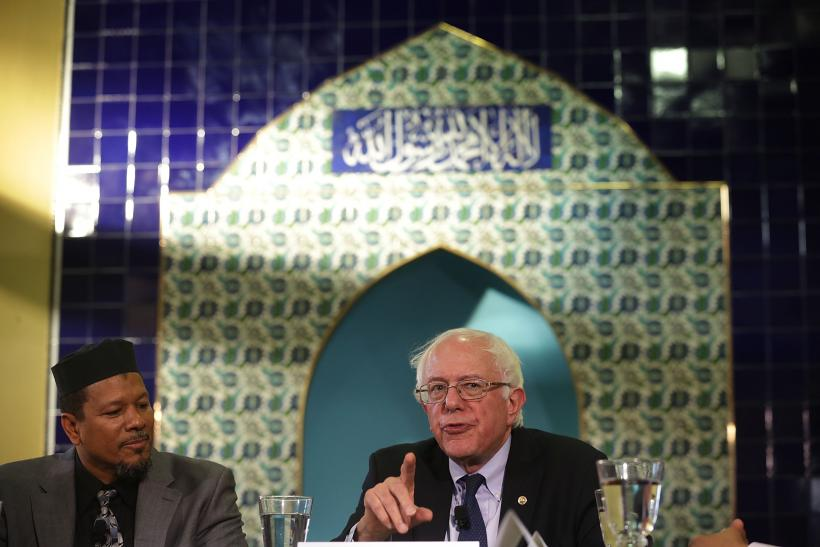

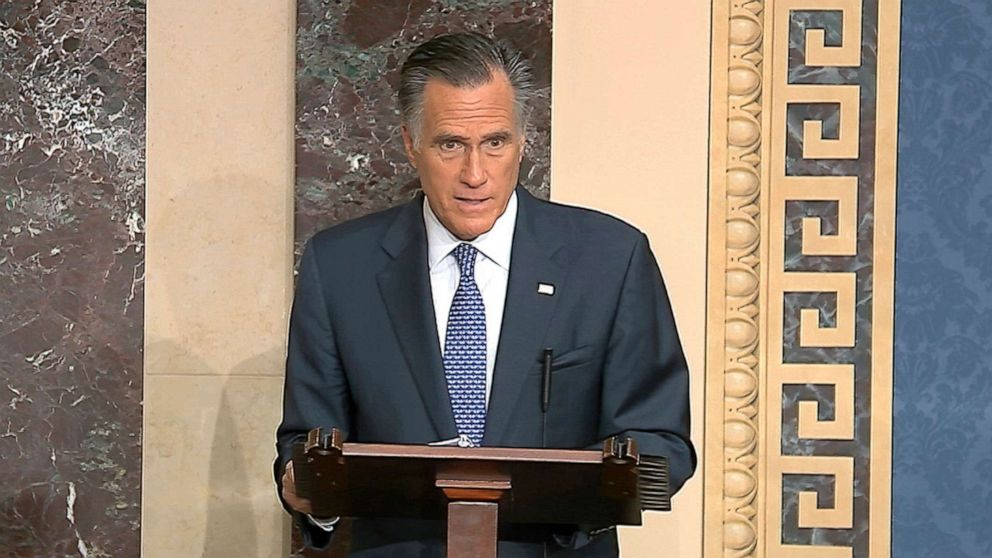









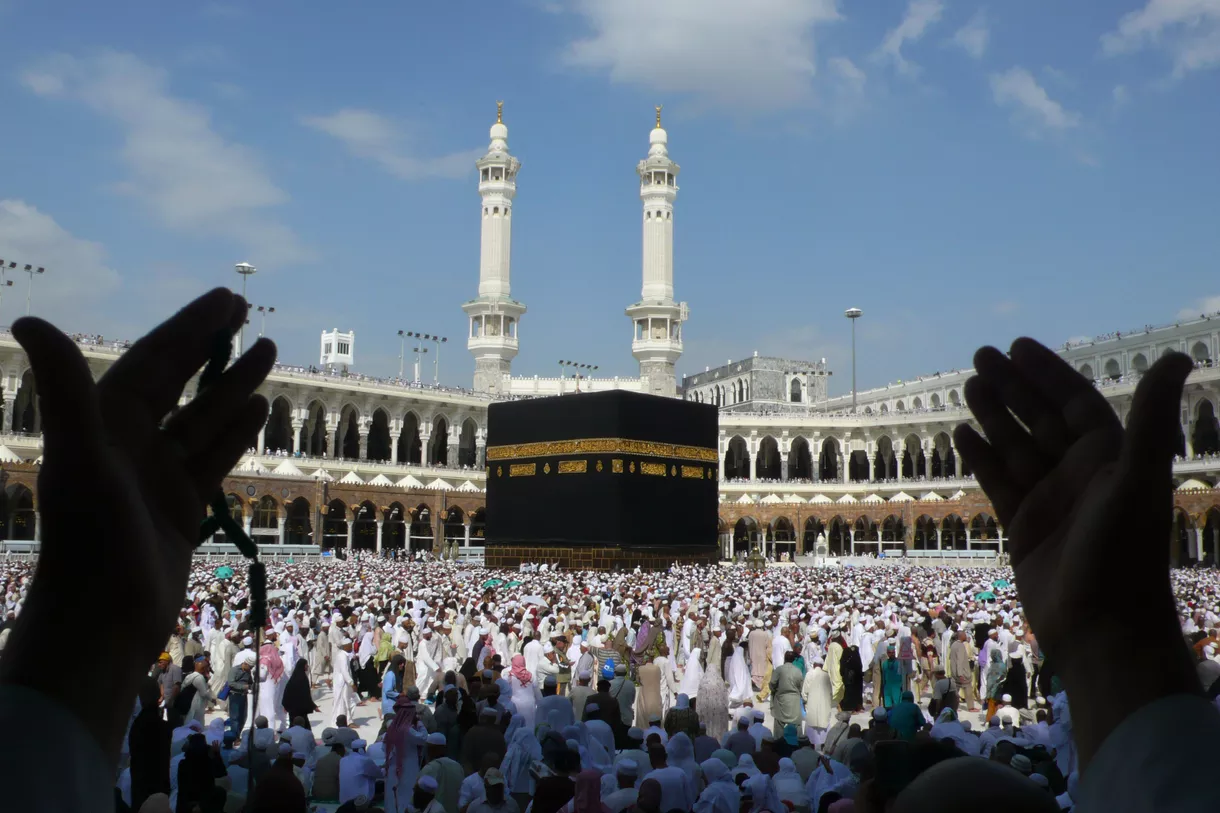














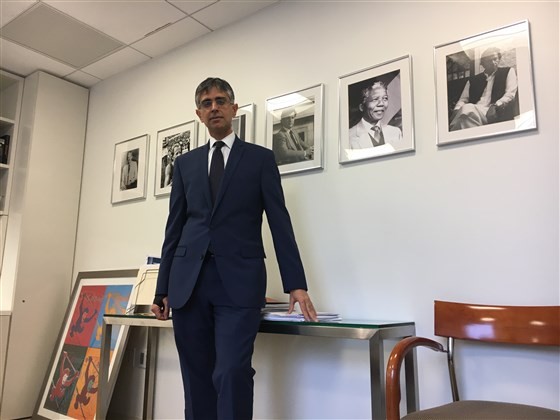











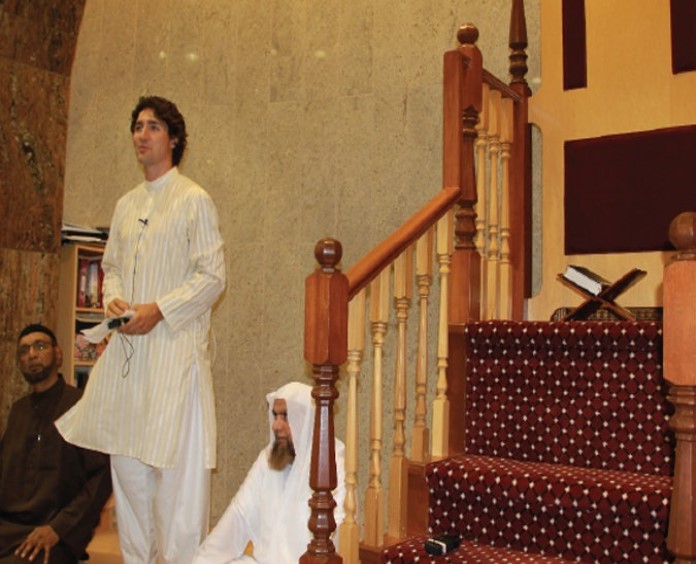
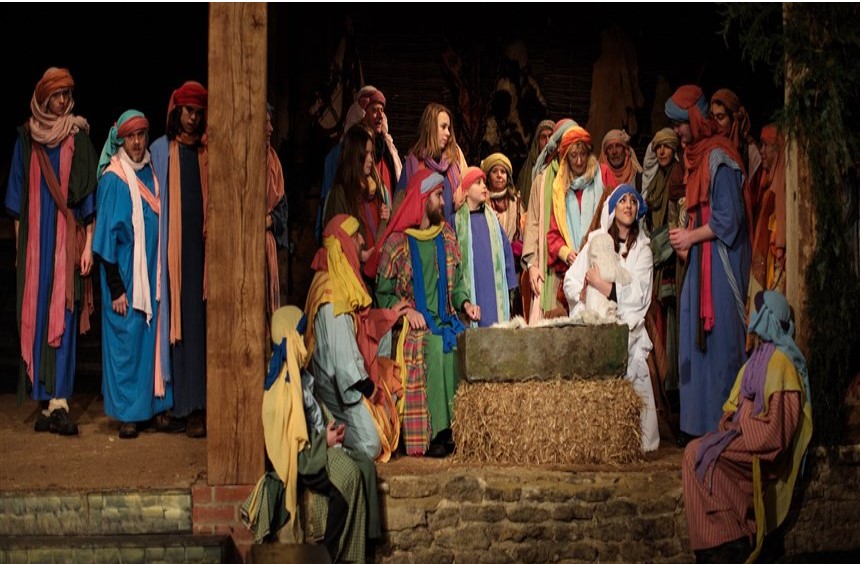






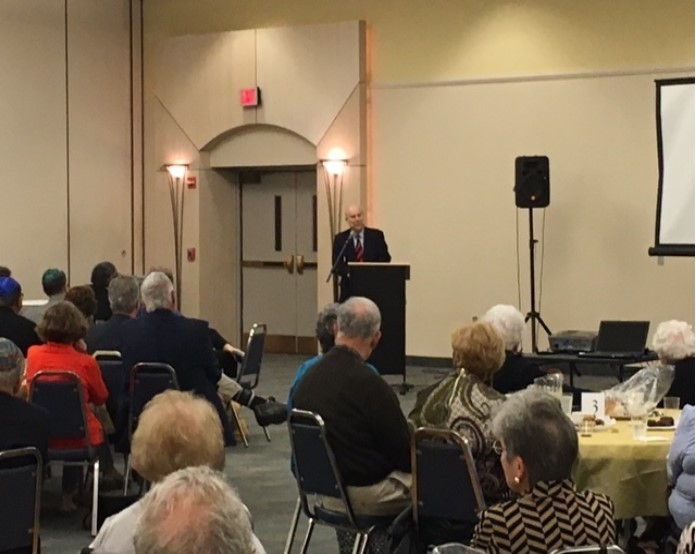



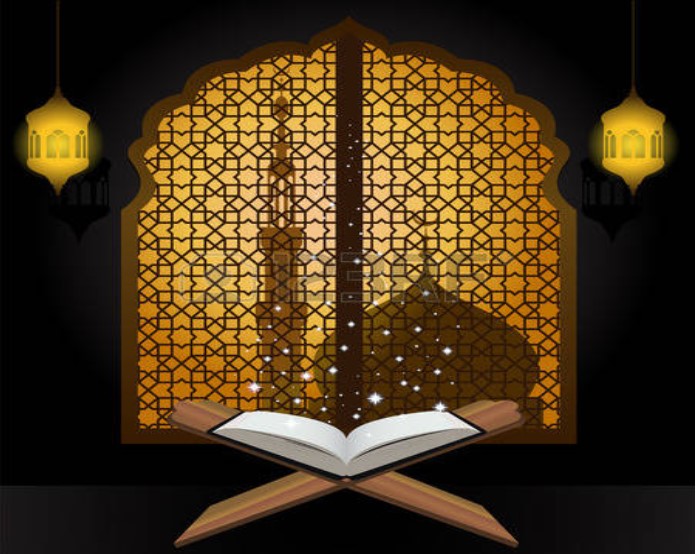
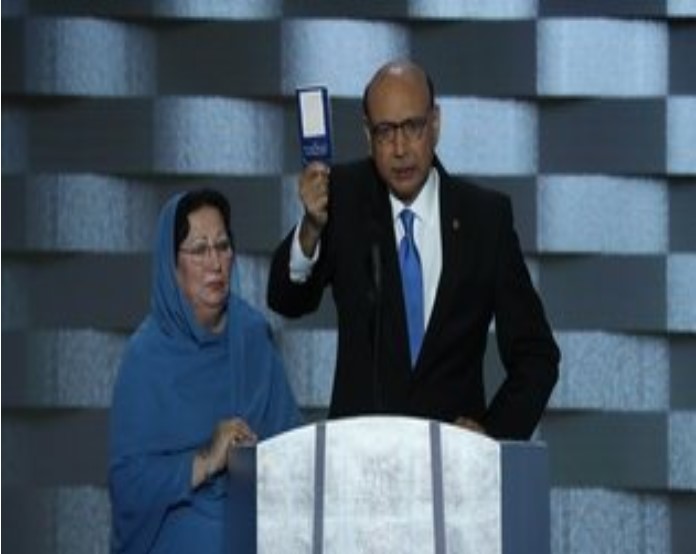
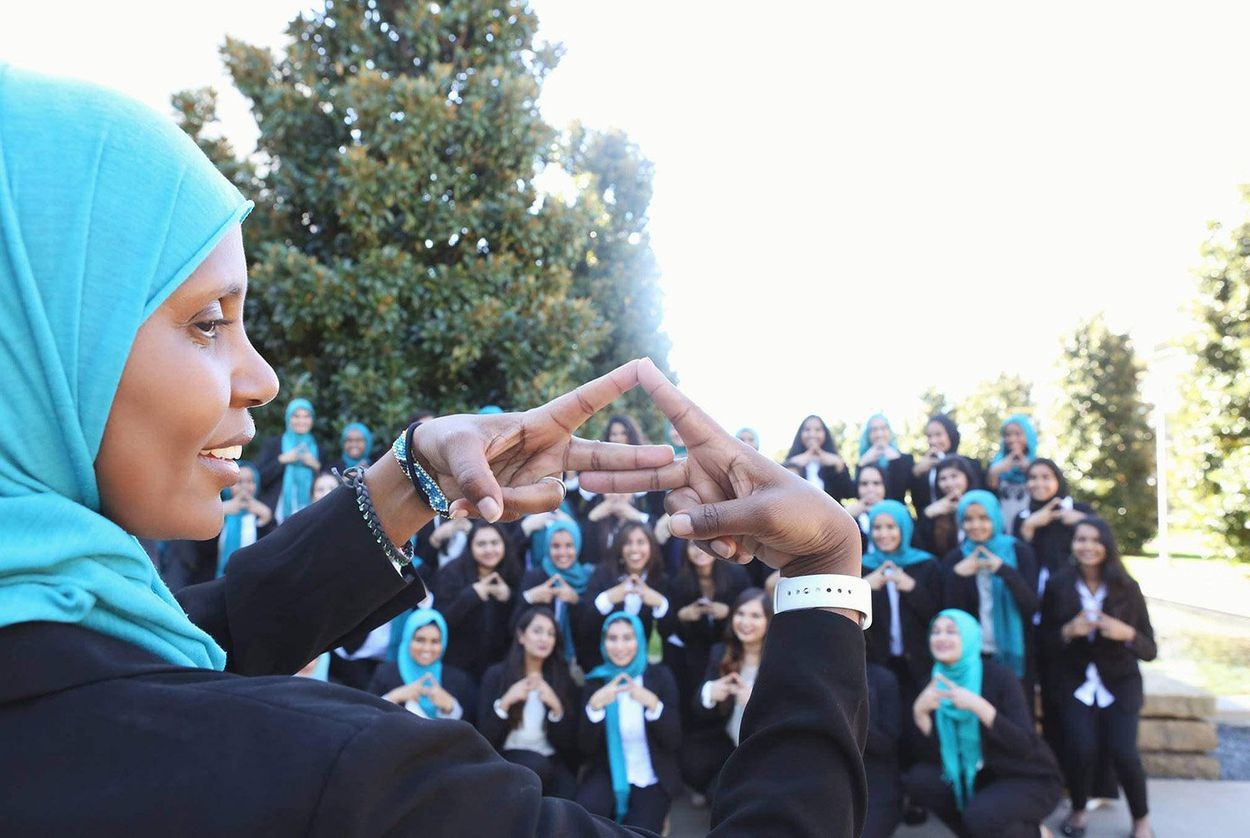


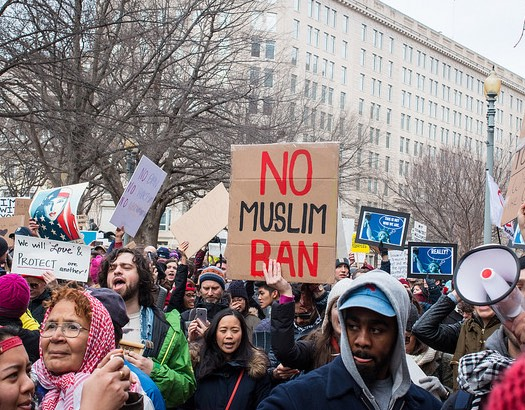
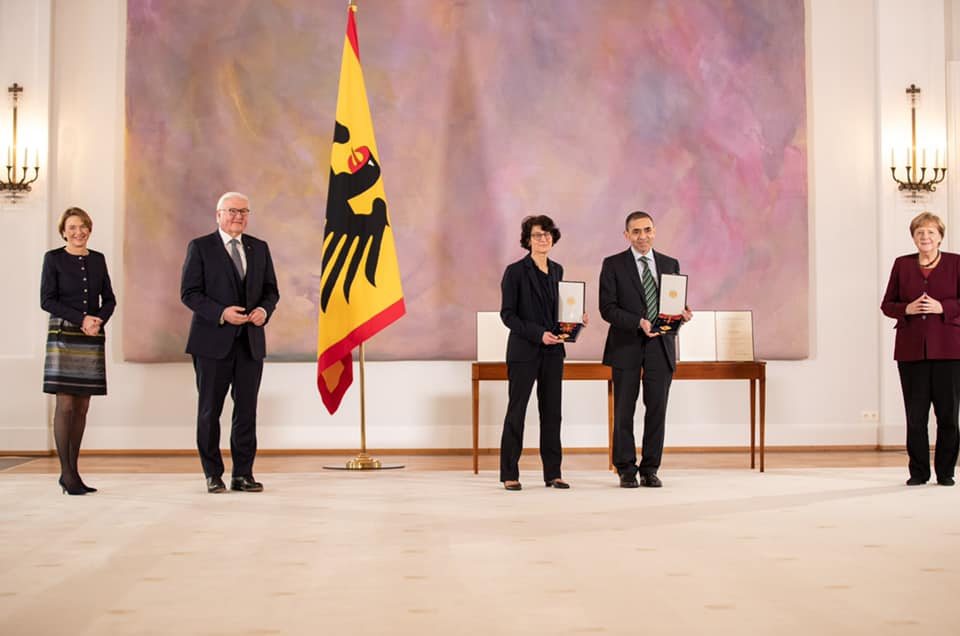
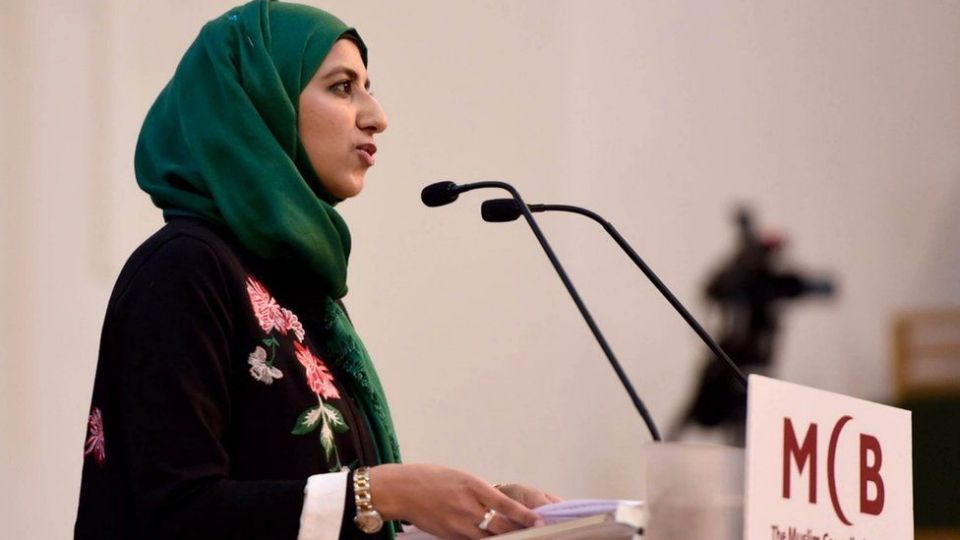

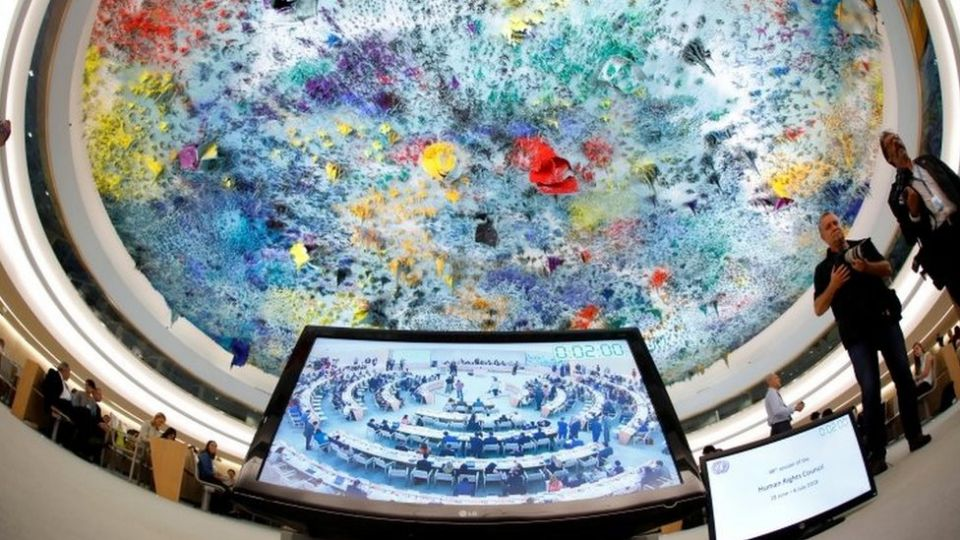
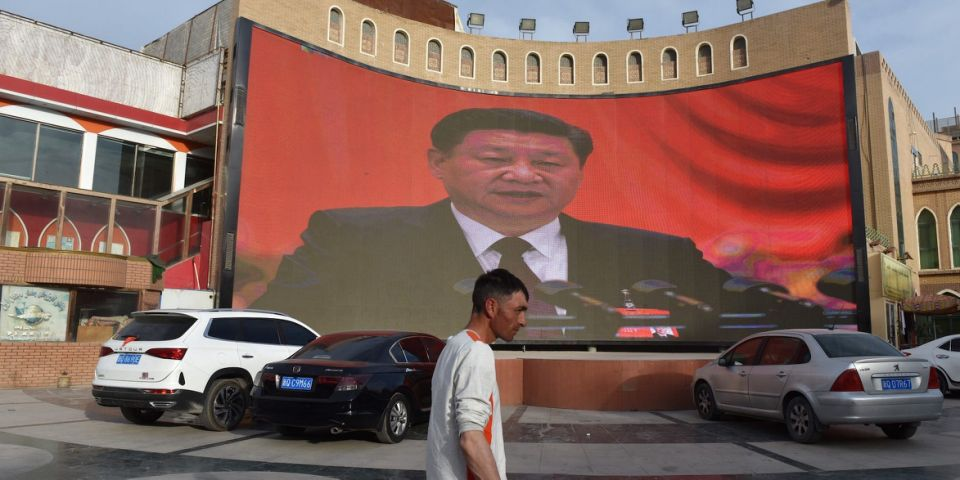



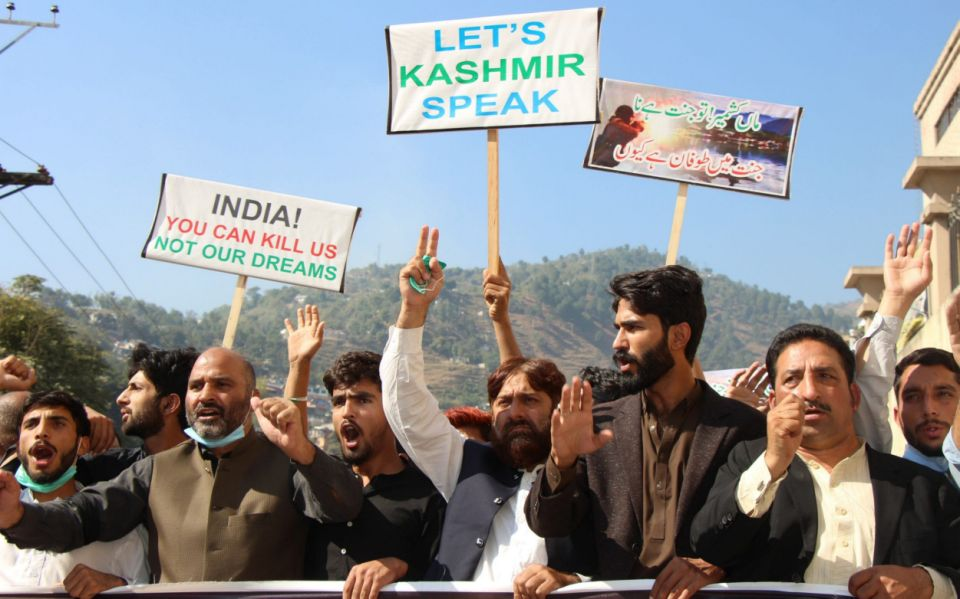



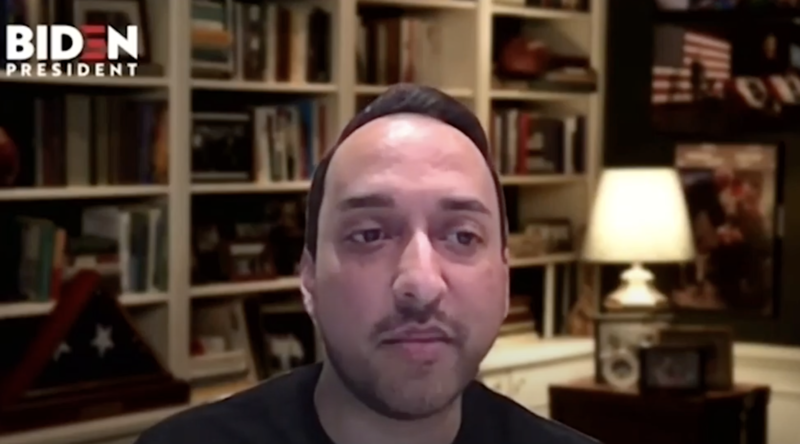



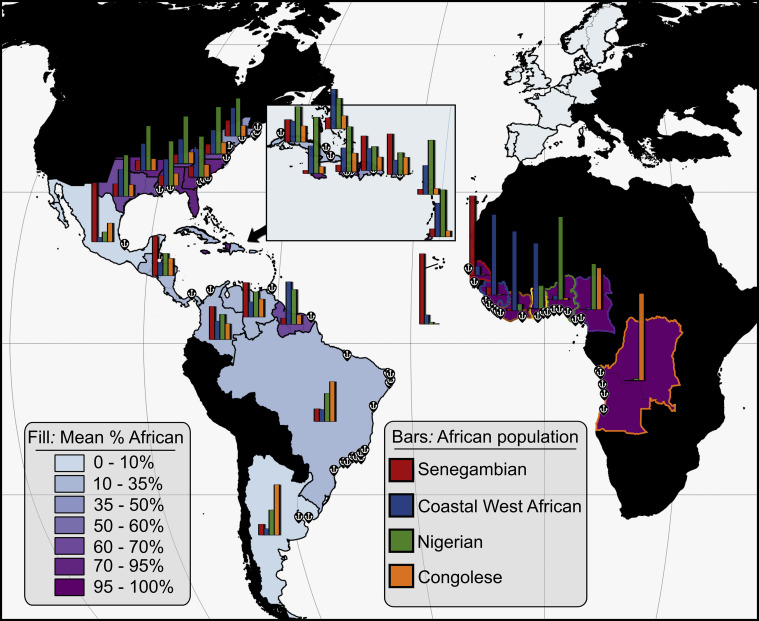
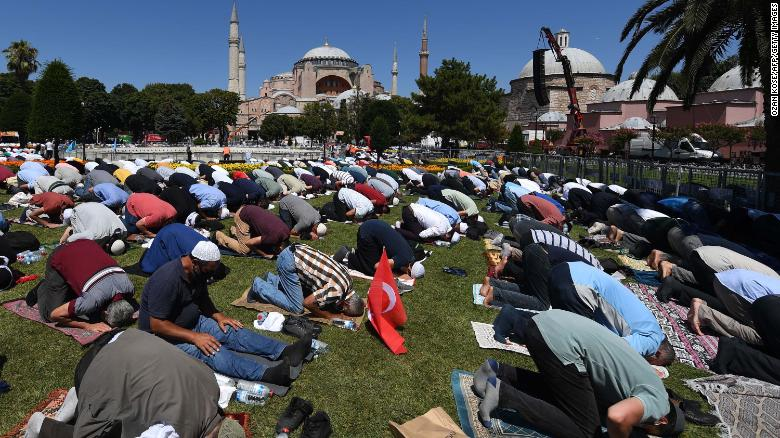
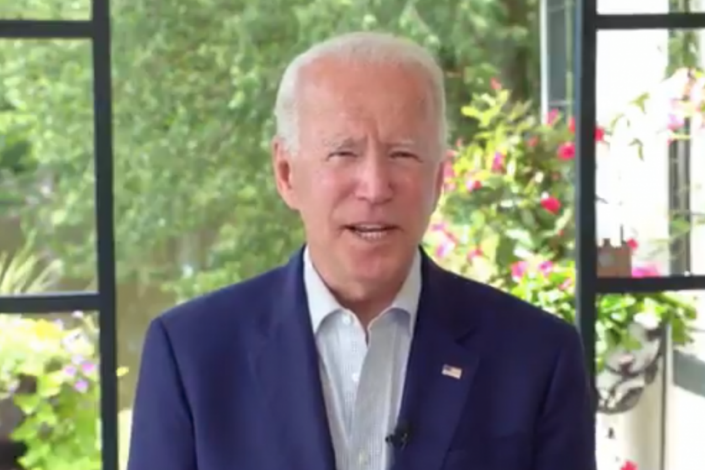










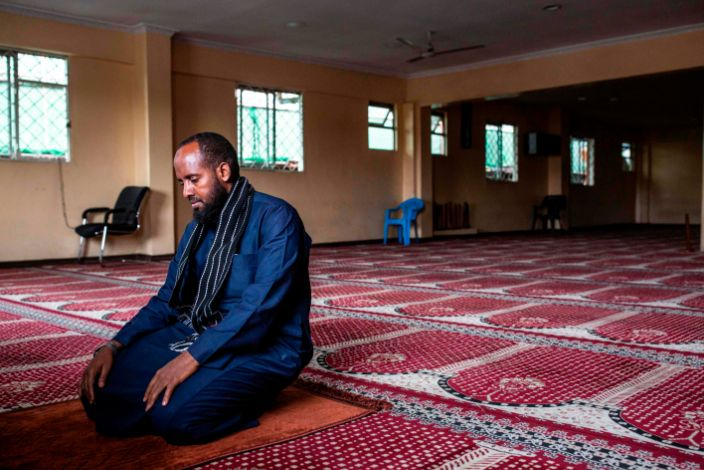

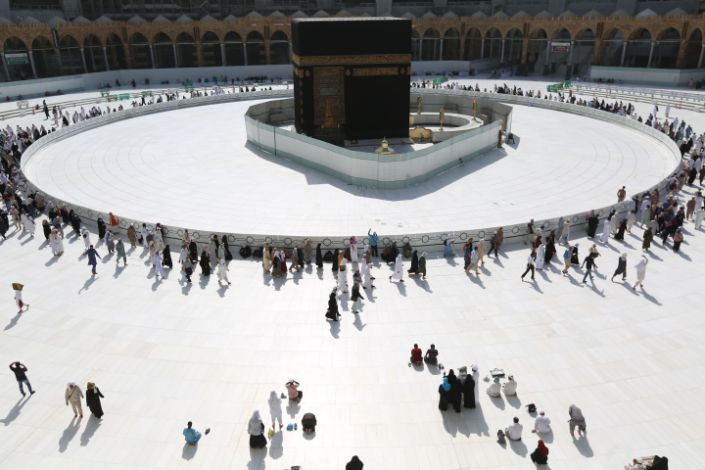





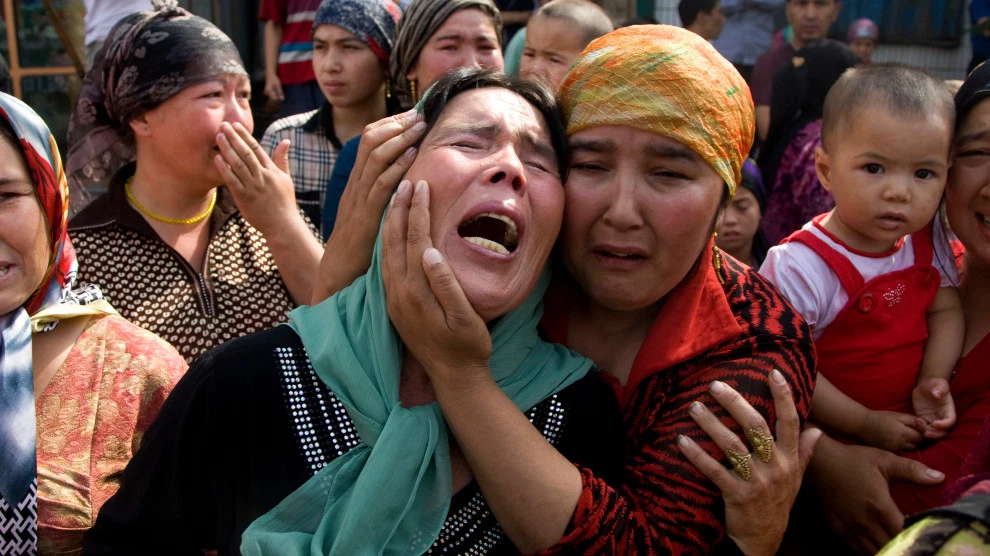


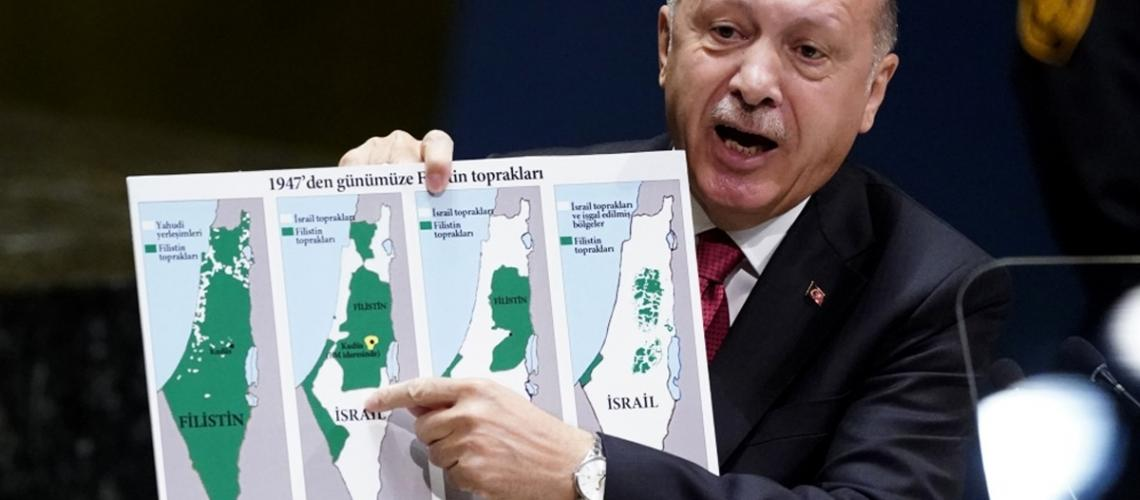









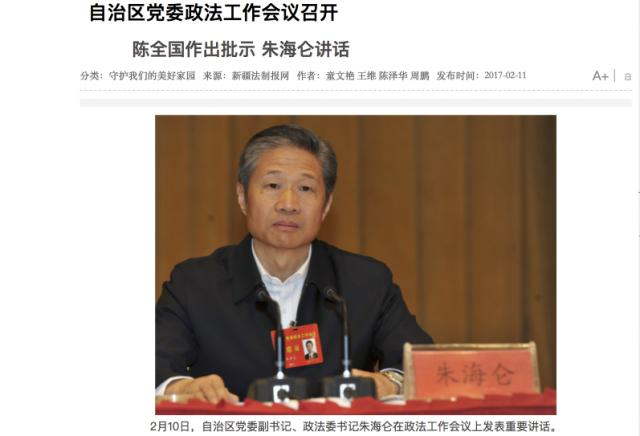

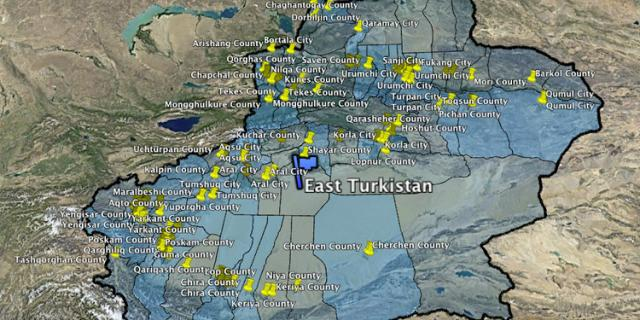



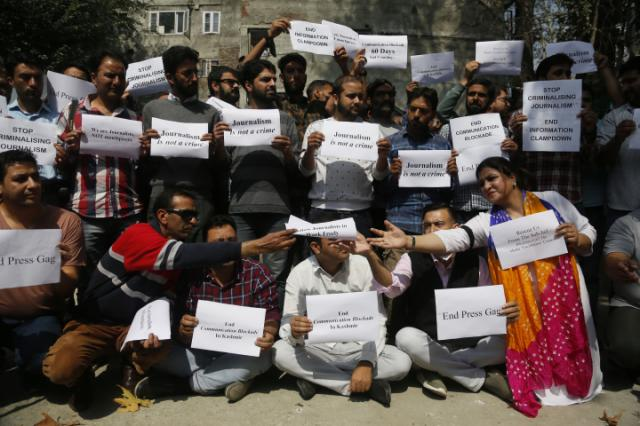



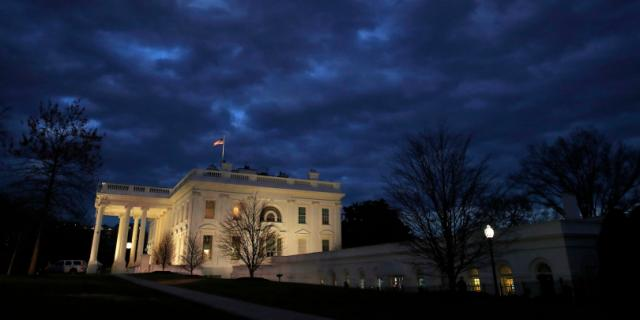


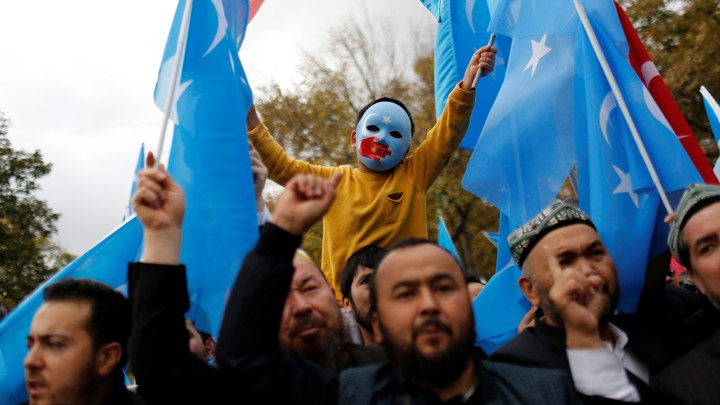

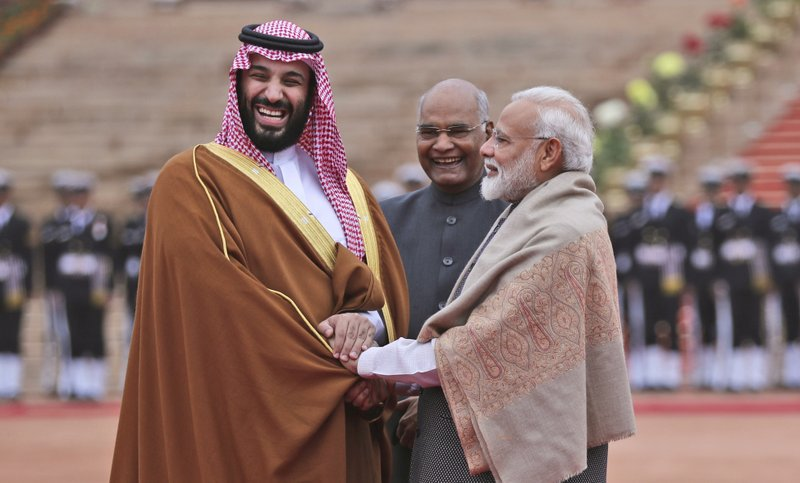




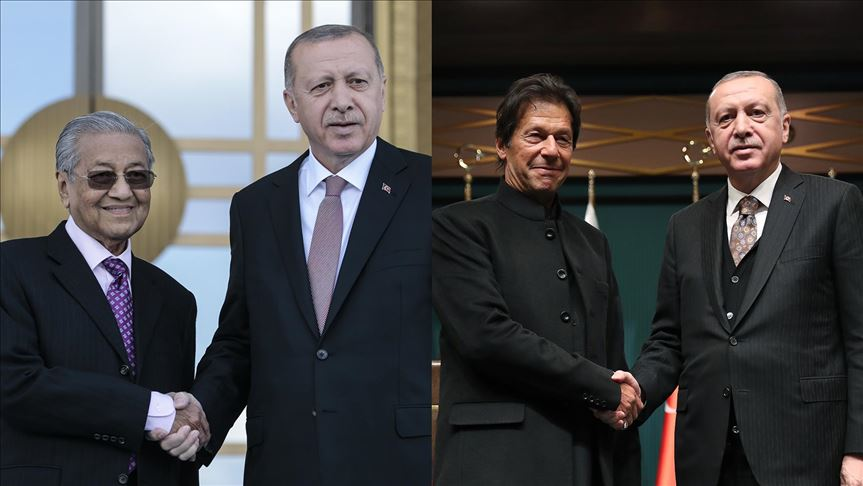



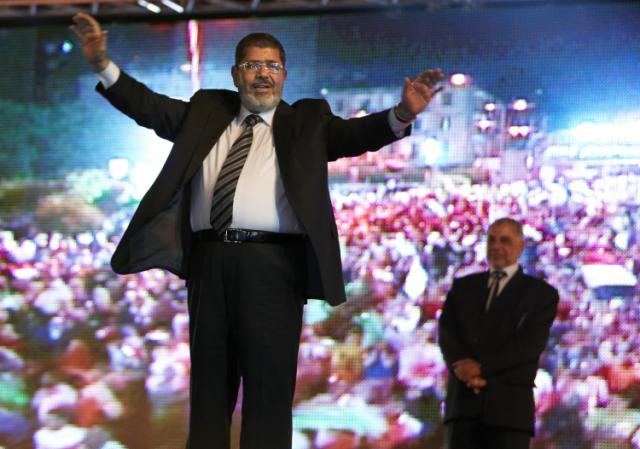
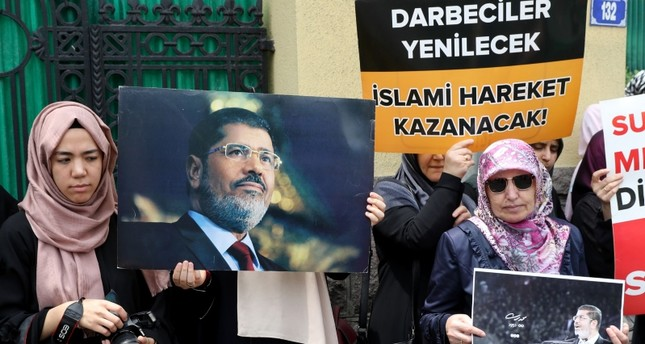

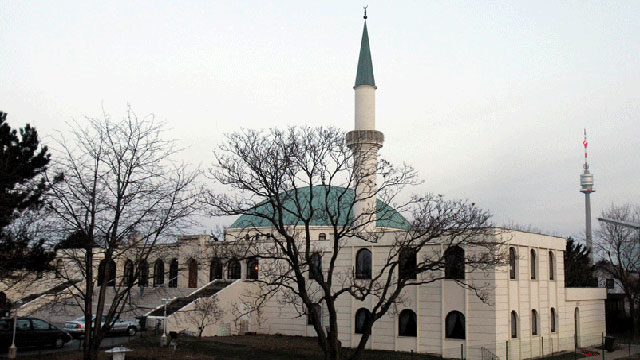


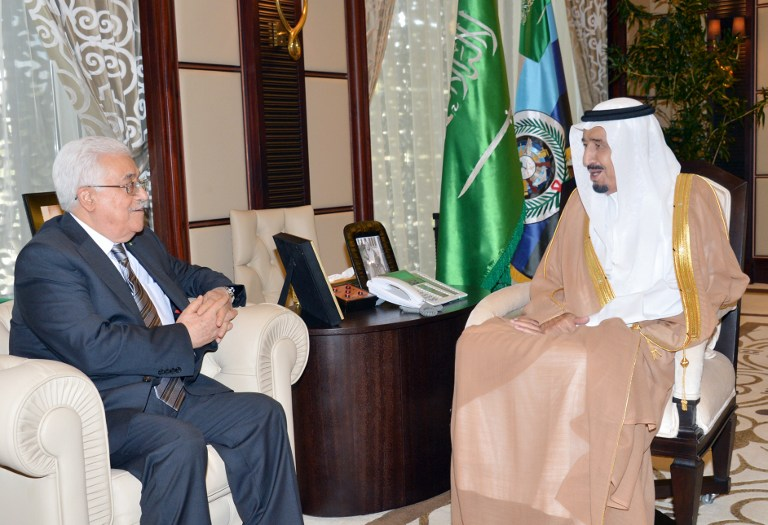


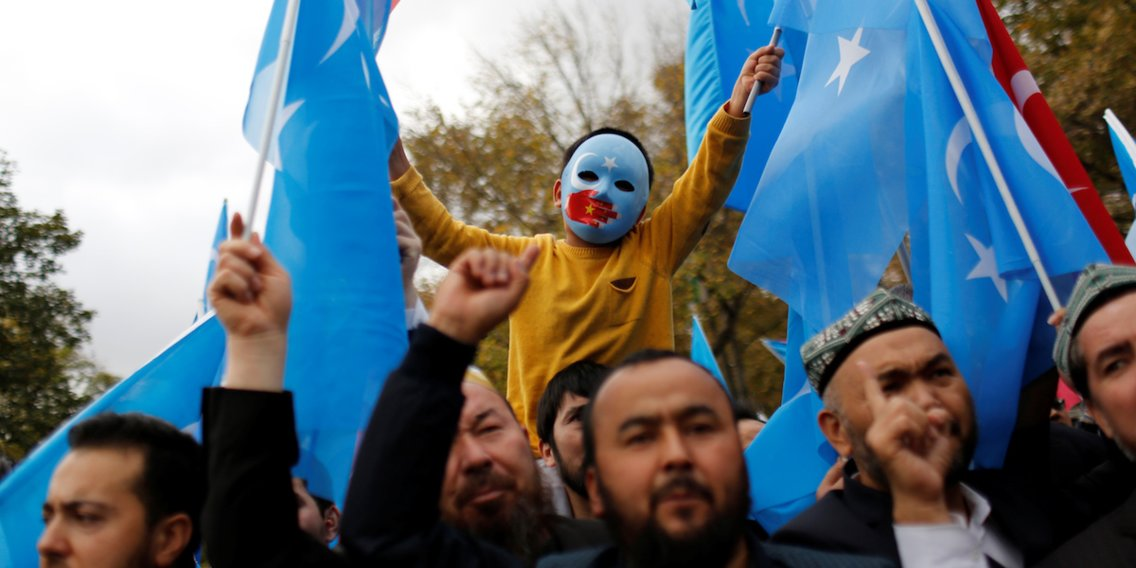

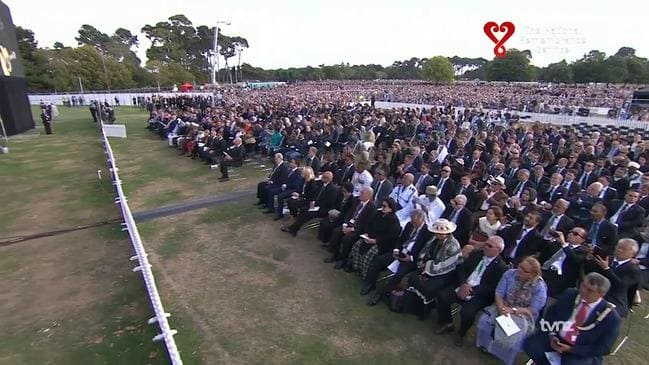







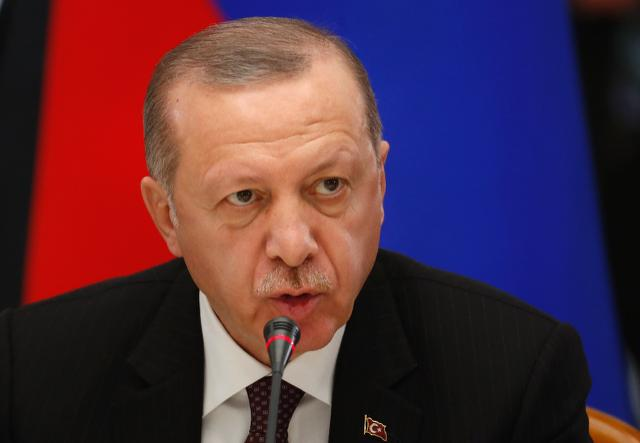








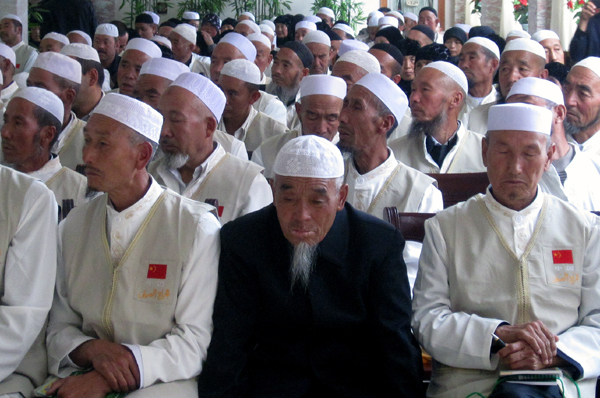





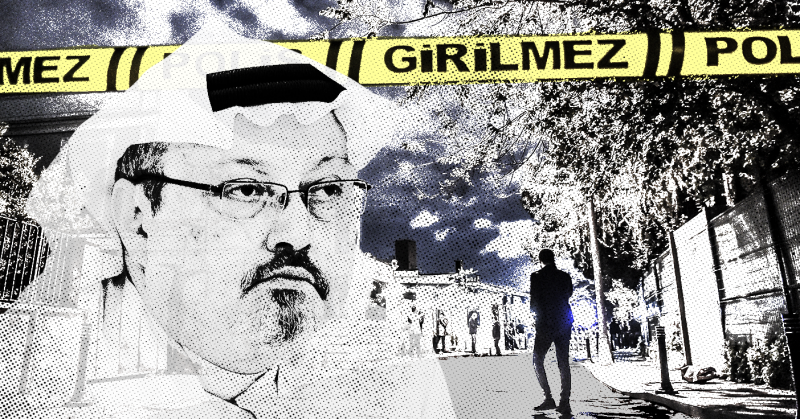

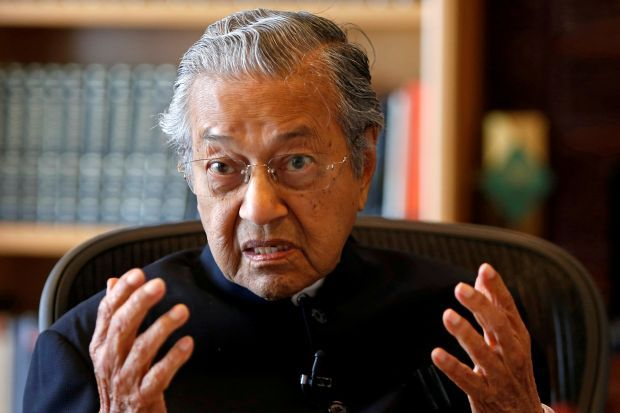




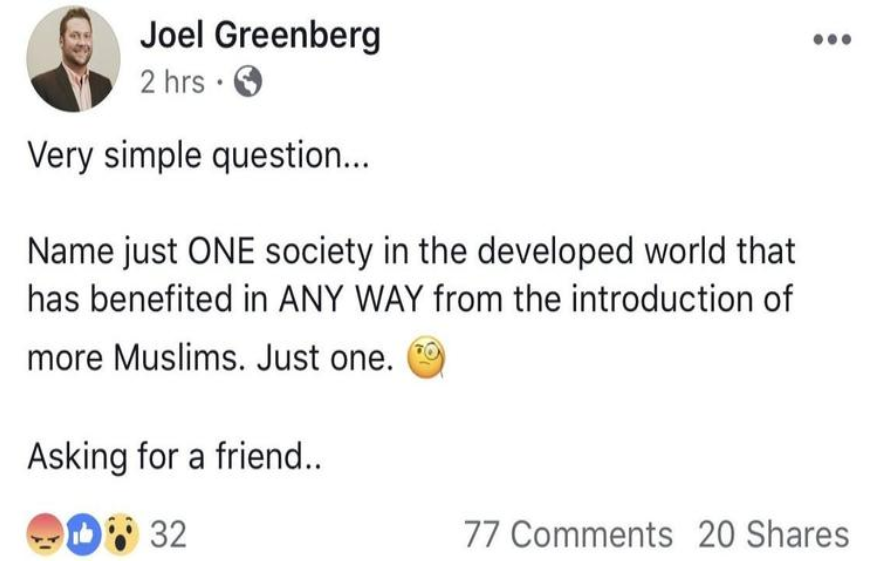
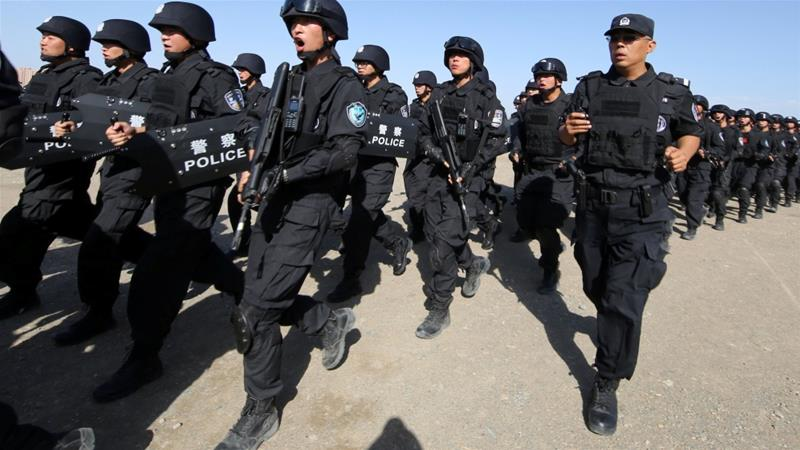

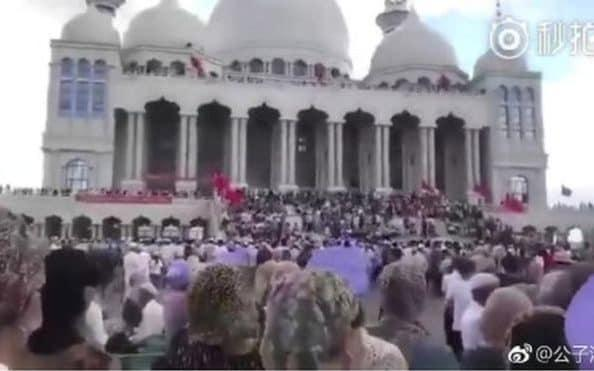


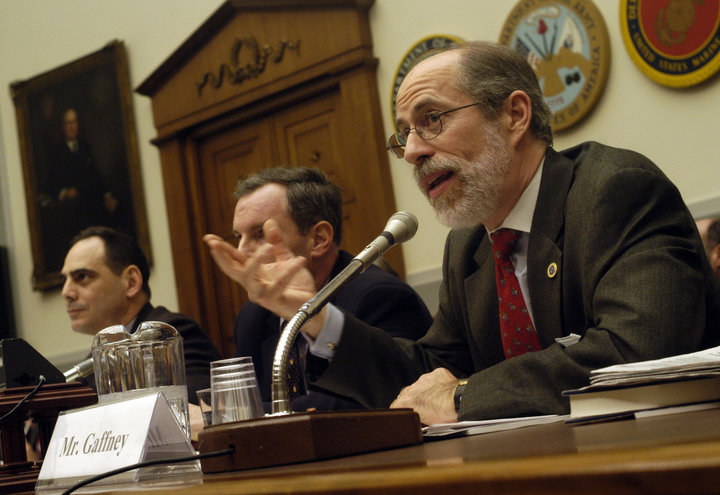

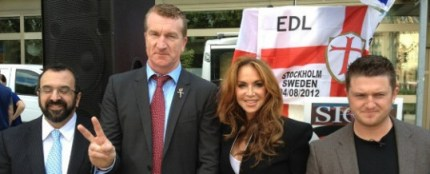


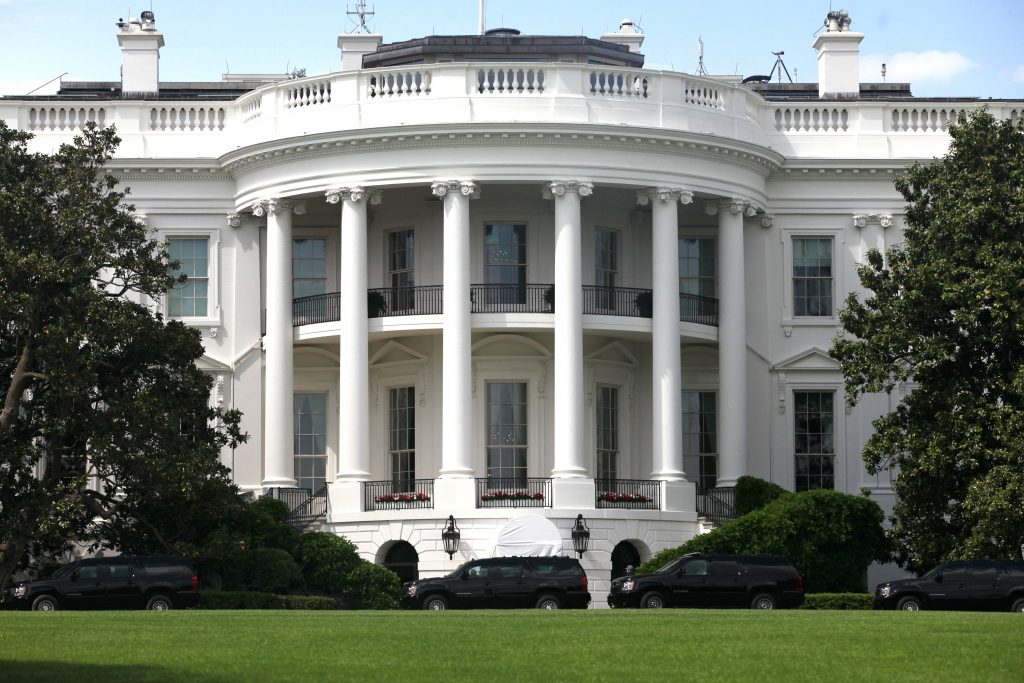







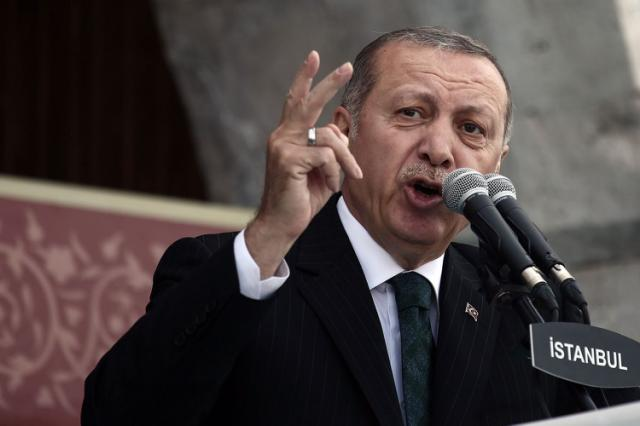
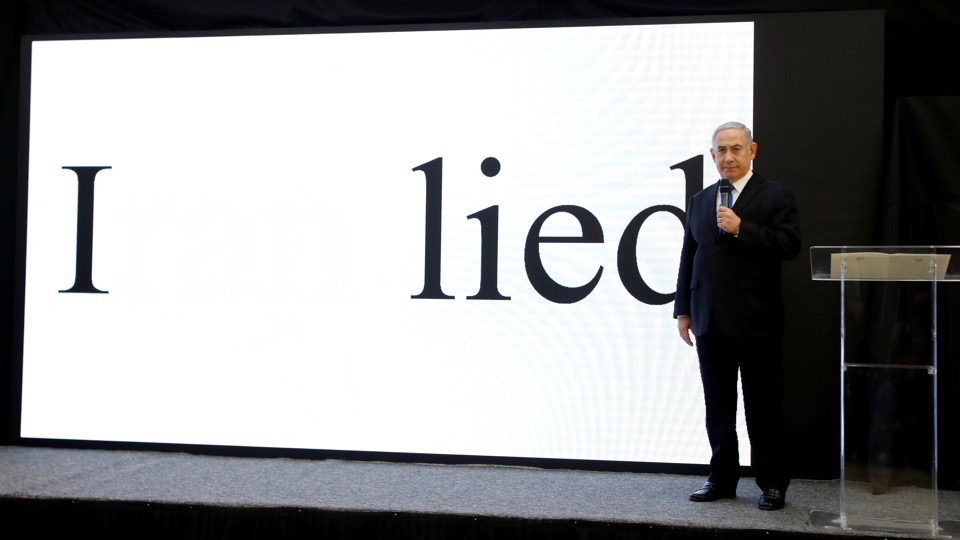






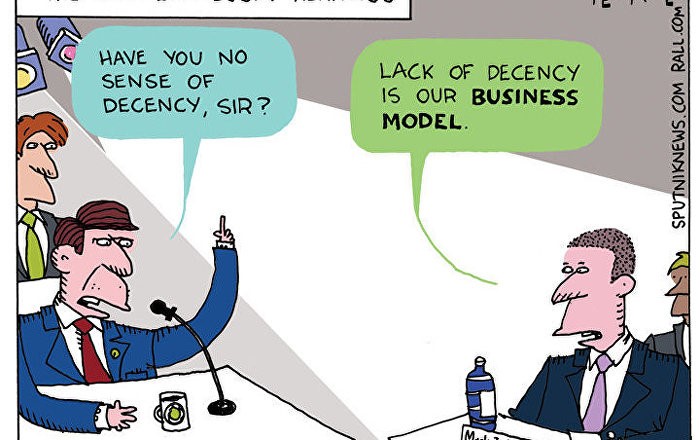

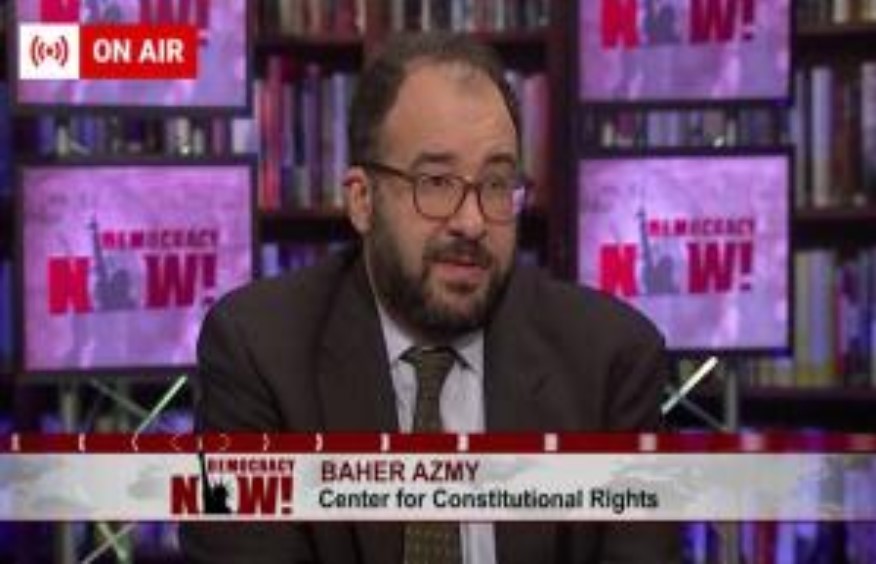









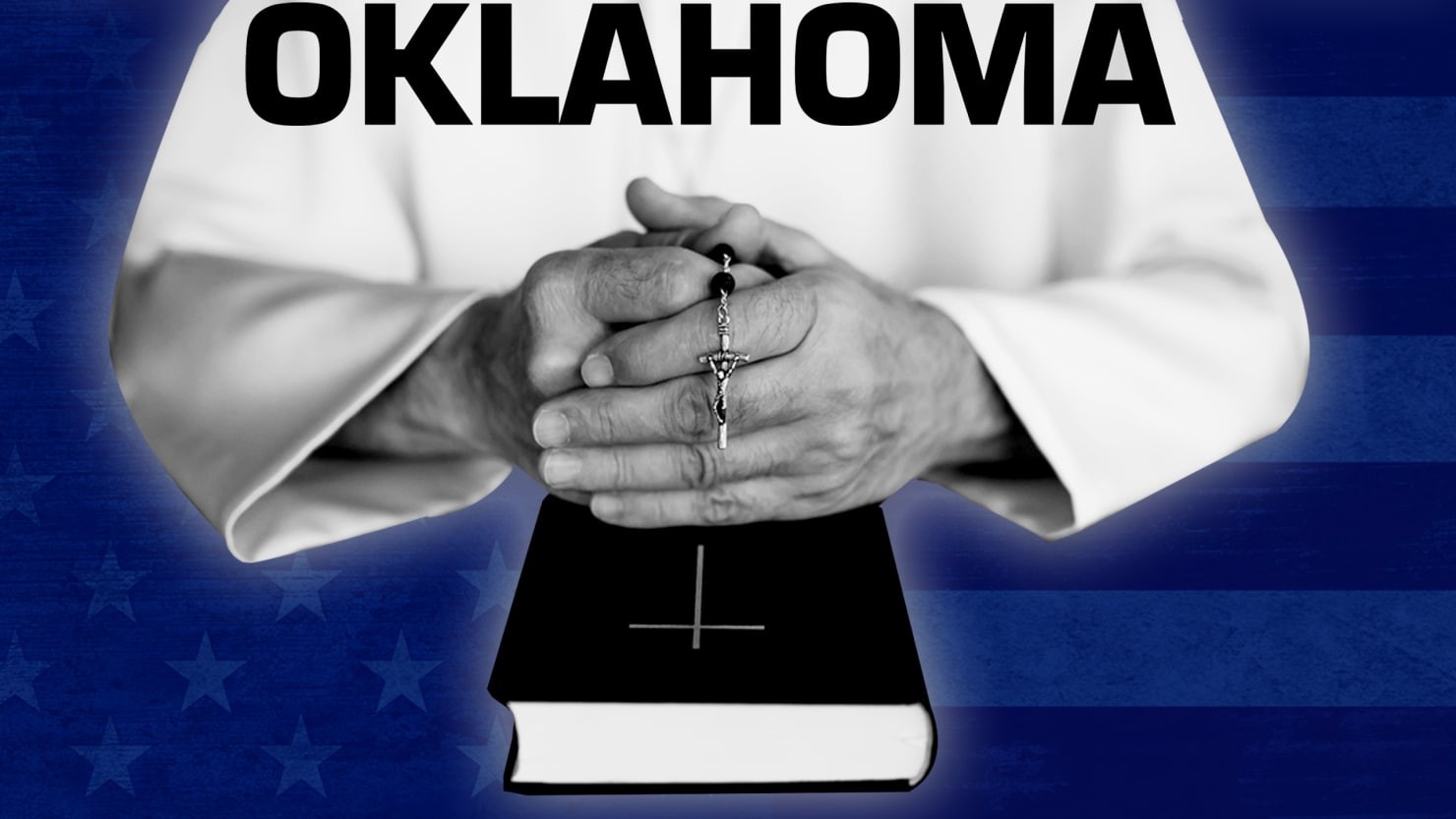








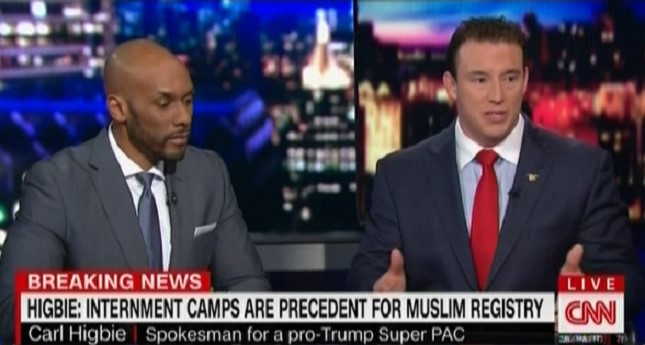


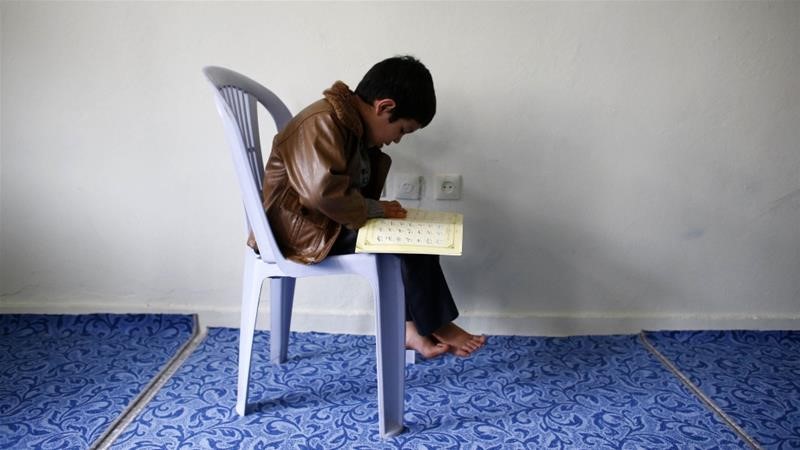








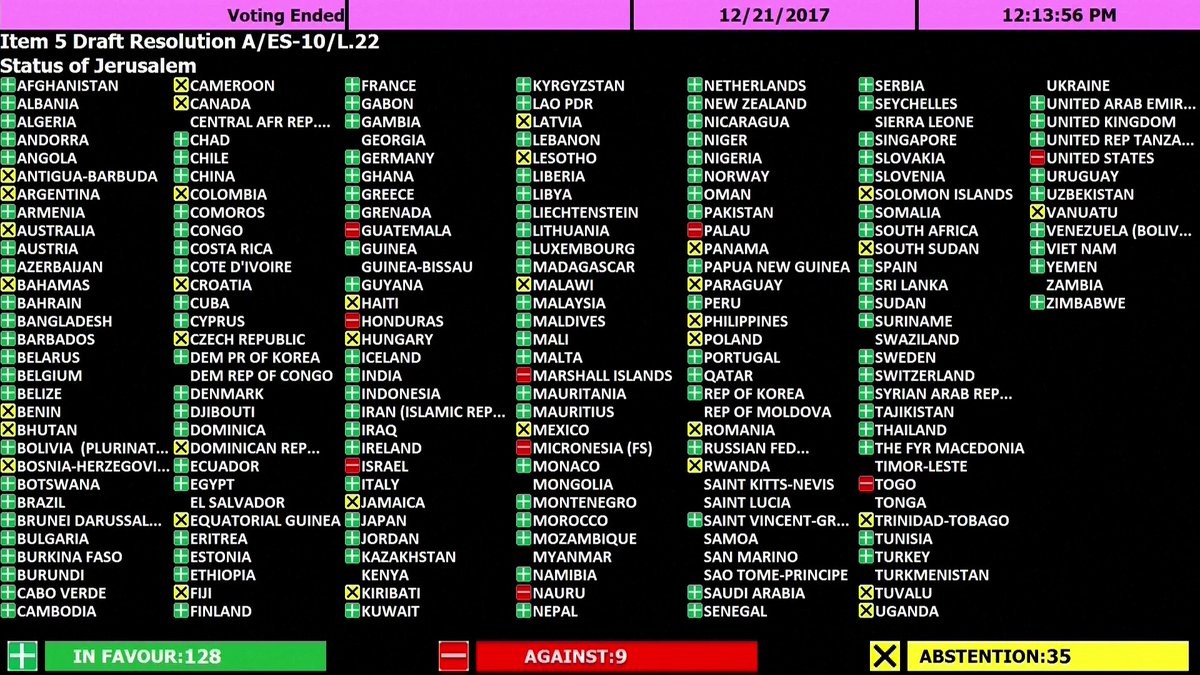
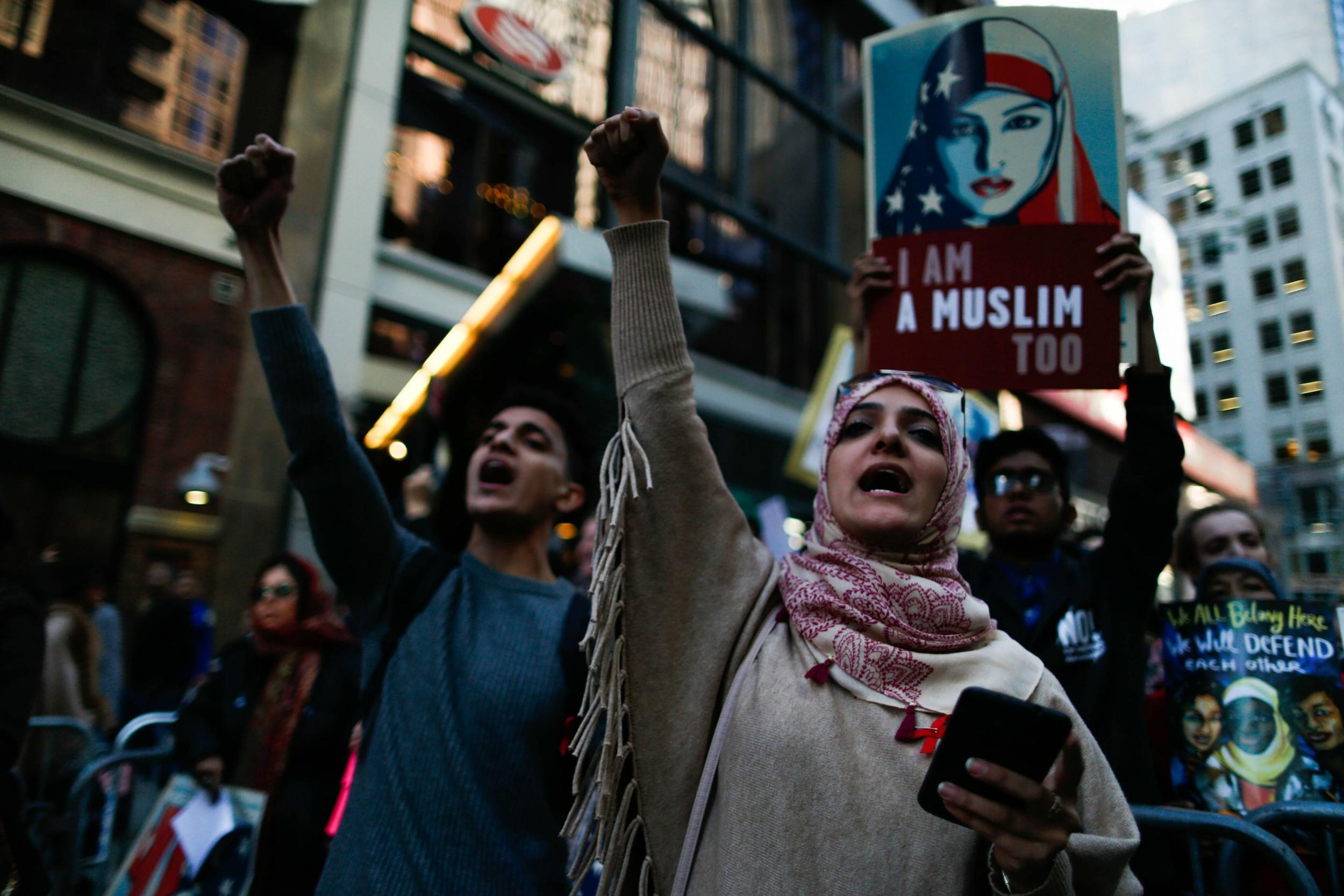
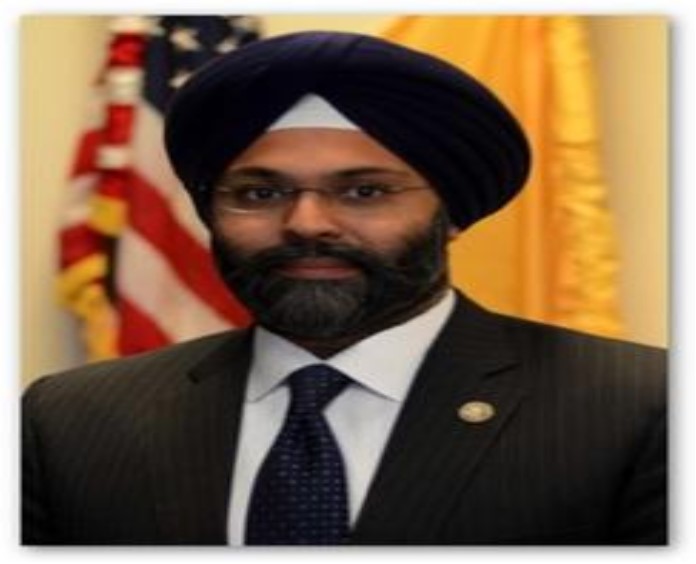

















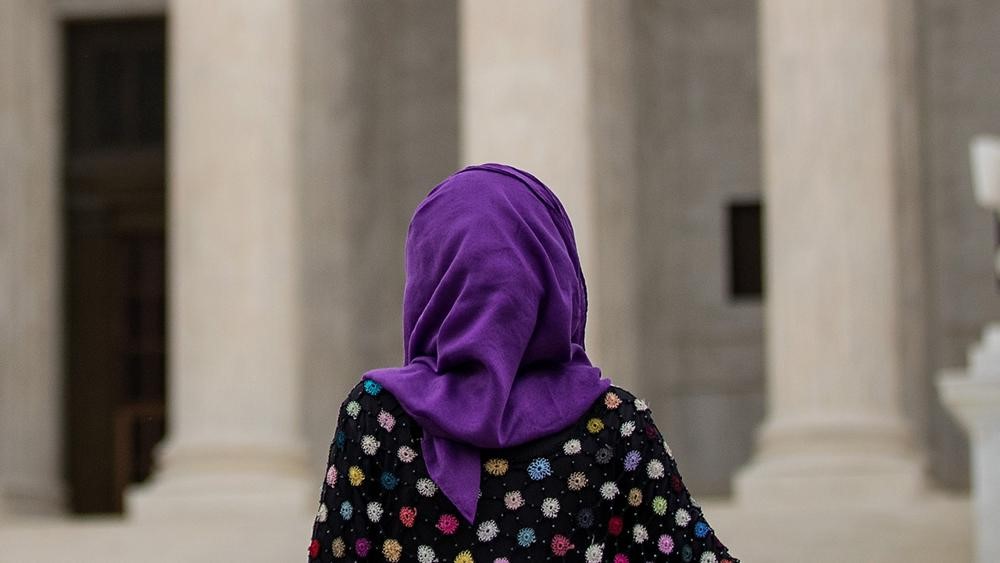









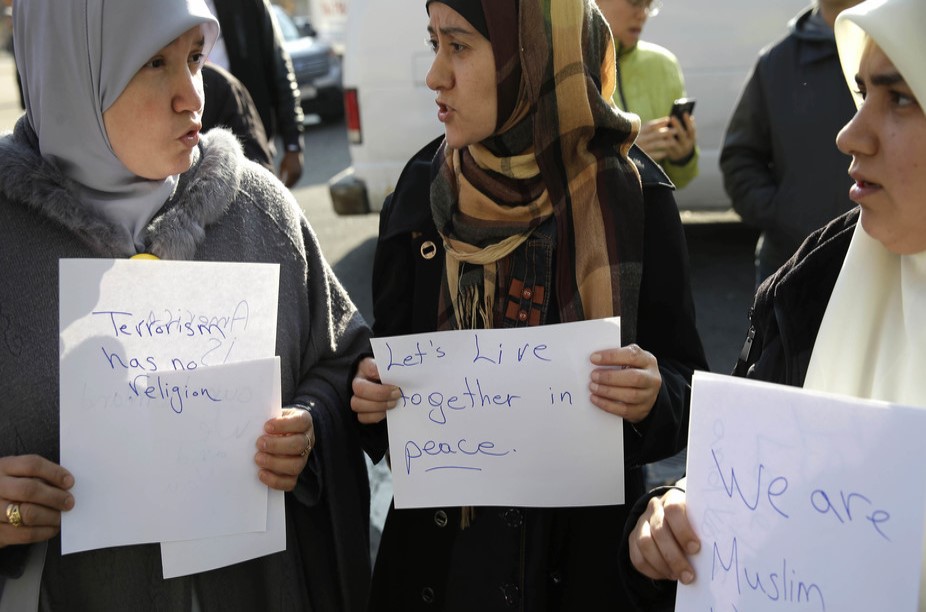

Posted By: Saleem Khan